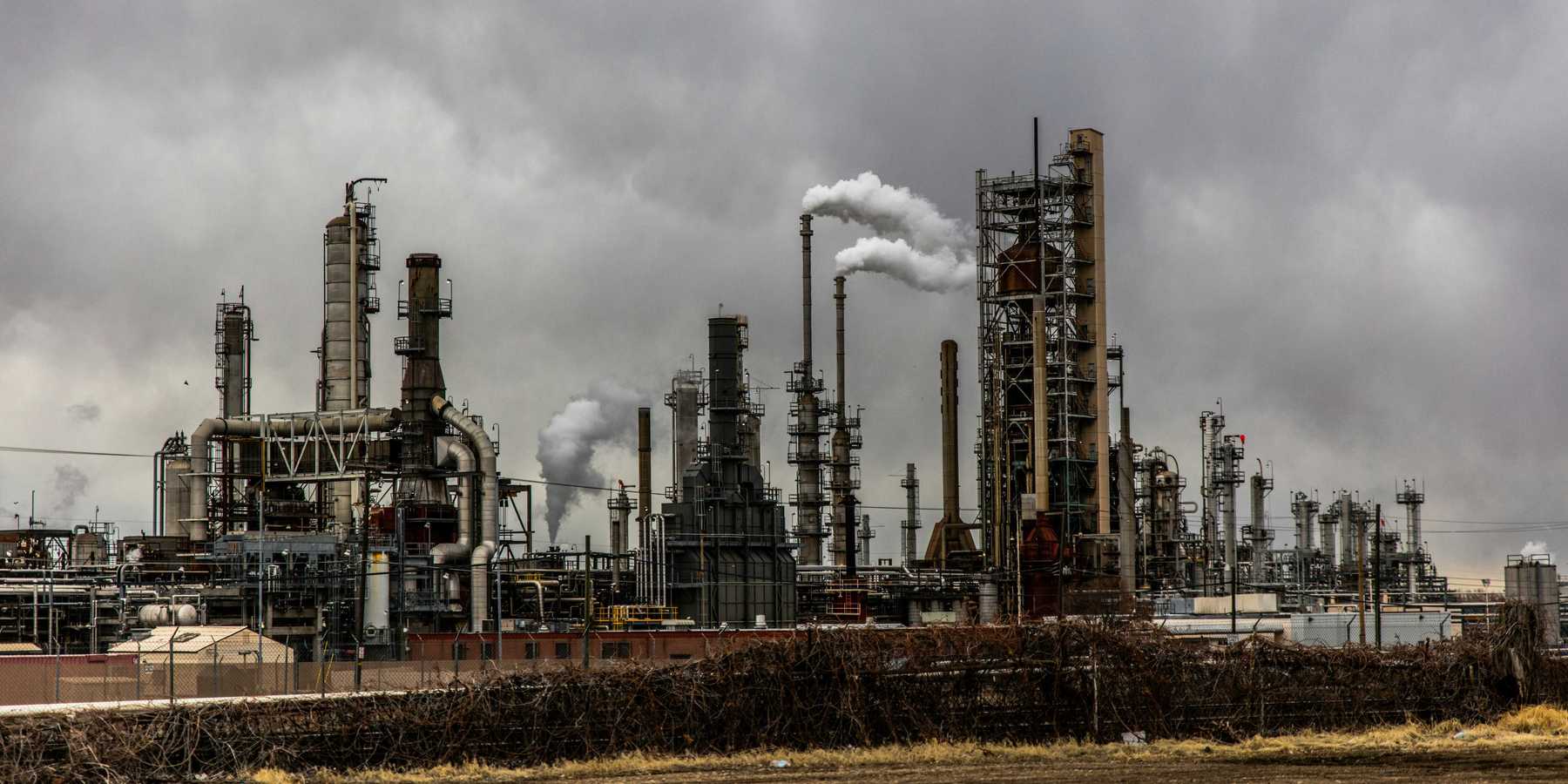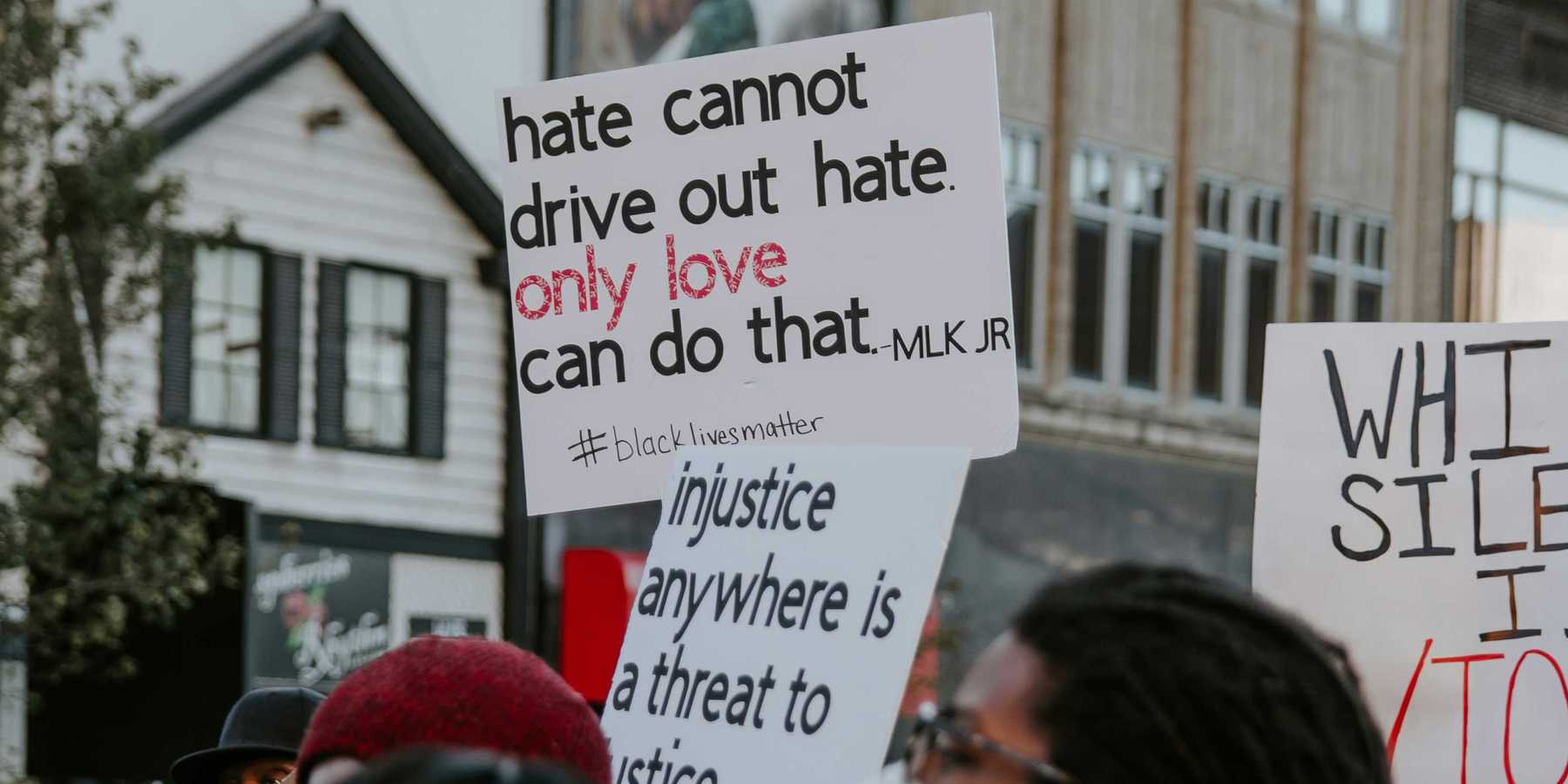America's growing preference for larger vehicles raises concerns
An alarming rise in the size of American cars is causing environmental and safety issues, with SUVs and pickups now dominating the market.
In short:
- SUVs and pickups, favored by lax policies, now make up more than 80% of new car sales, exacerbating safety risks for pedestrians and increasing carbon emissions.
- Federal policies, including the Corporate Average Fuel Economy standards, encourage larger vehicles by offering more lenient fuel efficiency requirements for "light trucks."
- Recent revisions by the EPA to vehicle greenhouse gas rules aim to address some issues but still allow large electric vehicles to evade stricter emissions standards.
Key quote:
"People like me were saying, 'give carmakers another loophole and they’ll use it. But we lost."
— Dan Becker, former Sierra Club executive
Why this matters:
In addition to safety concerns, this trend toward brawnier transportation puts pressure on fuel economy targets and climate change efforts. While advancements in technology have made larger vehicles more fuel-efficient than they once were, they still lag behind smaller, lighter vehicles in terms of miles per gallon. The result is a transportation sector that could be moving counter to environmental goals, just as the urgency to address climate change intensifies.
In 2021, Cynthia Palmer argued that to tackle climate change and save lives, the Biden Administration needs to support bike- and pedestrian-friendly streets.













